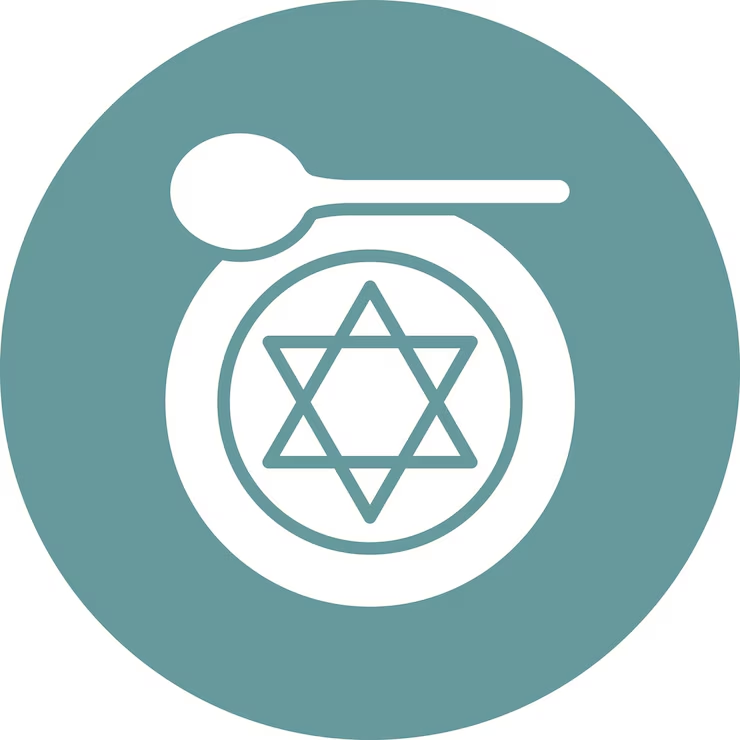Kosher Certificate: Unlocking Trust, Quality, and a Global Market
In today’s market, consumers care more about the quality and origins of their products than ever before. They don’t just want a product that tastes good or is priced right—they want transparency. They want to know how it’s made, where it’s sourced, and if it aligns with their values. That’s where a Kosher certificate comes in. It's more than just a religious marker—it's a powerful signal of quality, safety, and ethical production that millions of people worldwide rely on.
What Does a Kosher Certificate Mean?
A Kosher certificate guarantees that a product adheres to Jewish dietary laws, known as kashrut. These laws govern what foods are allowed, how they must be prepared, and even which tools and equipment can be used in the process. Some key guidelines include:
-
Meat and dairy cannot be mixed.
-
Forbidden foods like pork and shellfish are prohibited.
-
All equipment must be properly cleaned and maintained to ensure compliance with kashrut.
Once your product meets these standards, it can proudly display a recognized Kosher symbol (such as OU, OK, or Star-K), signaling to customers that it aligns with these stringent regulations.
The Kosher Certification Process: Simple Yet Thorough
Achieving Kosher certificate is a clear and structured process that involves the following steps:
-
Submit Your Application: You provide detailed information about your ingredients, production processes, and suppliers.
-
Review by Kosher Authorities: Experts review all documentation to ensure it meets the required kashrut standards.
-
On-Site Inspection: A Kosher inspector visits your production facility to ensure everything is compliant with Kosher rules.
-
Certification Approval: Once all requirements are met, your product receives certification and is allowed to display the Kosher symbol.
-
Regular Audits: Ongoing inspections ensure your continued compliance with Kosher standards.
This process guarantees that your product maintains a high level of quality and transparency.
Why Kosher Certification Is a Game-Changer
1. Builds Consumer Confidence
Consumers are more likely to trust a product with a Kosher certification. It assures them that your product has been produced according to strict hygiene and quality standards, which builds confidence—even among those who don’t follow a Kosher diet.
2. Expands Your Audience
Kosher certification doesn’t just appeal to Jewish consumers. It attracts a wide range of buyers, including vegetarians, Muslims (as an alternative to Halal), people with food allergies, and health-conscious shoppers looking for transparency and clean labels.
3. Opens New Business Opportunities
Many large retailers, schools, hospitals, and global markets prefer or even require Kosher-certified products. This certification can give you a competitive edge, allowing you to tap into new partnerships and global supply chains.
4. Improves Internal Operations
The process of obtaining Kosher certificate helps streamline internal processes. It encourages better documentation, cleaner facilities, and stronger quality control practices, all of which can lead to improved efficiency and lower operational risks.
Conclusion
A Kosher certificate is more than a religious label—it’s an invaluable tool for building trust, expanding your customer base, and improving operational standards. In today’s competitive marketplace, consumers are increasingly looking for products that reflect transparency and quality. By earning Kosher certification, you position your brand as a leader in quality and ethics, unlocking new opportunities and setting your products apart in a global marketplace.


Comments
Post a Comment